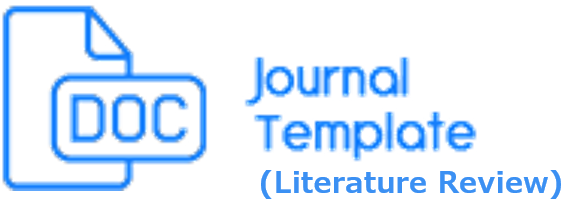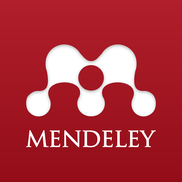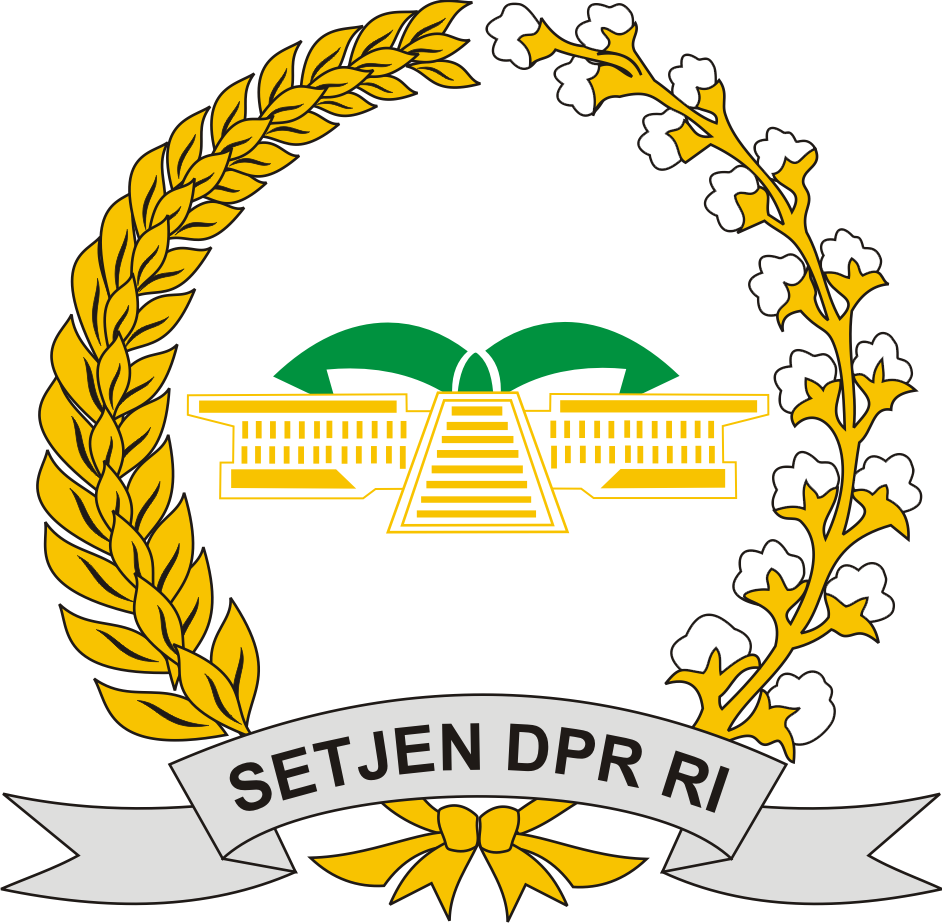Meta-Theory: Kebijakan Barang Publik untuk Kesejahteraan Rakyat
Abstract
Barang publik tidak lagi didefinisikan secara teoritis, barang publik seharusnya bisa dinikmati oleh masyarakat secara gratis yang disediakan oleh negara. Namun, secara praktis makna barang publik tersebut bergeser dari makna sesungguhnya, terutama terlihat pada negara-negara berkembang yang mengandalkan sumber anggaran negara dari pajak. Pajak dipungut bukan saja dari sektor-sektor strategis, namun negara juga sudah memungut pajak dari penyediaan barang publik dengan alasan untuk meningkatkan kualitas dan menjamin ketersediaan barang publik secara berkelanjutan. Penelitian ini ingin memberikan gambaran pengelolaan barang publik bukan hanya disediakan oleh pemerintah tapi swasta juga bisa melakukan fungsinya untuk memproduksi barang publik. Fenomena yang terjadi, barang publik telah diprivatisasi, permainan monopoli dan kartel bisa meningkatkan angka kemiskinan. Sehingga untuk mendapatkan barang publik membutuhkan usaha agar dapat terpenuhinya kebutuhan dasar. Tujuan khusus penelitian ini berfokus pada pengelolaan barang publik ditinjau dari aspek kebijakan publik yang berasal dari berbagai literatur ilmiah. Metode dalam penelitian ini menggunakan systematic reviews technique, dilakukan secara deduktif atau theoretical & analytical framework (meta-theory). Hasil penelitian ini mengungkapkan bahwa pengelolaan barang publik tidak bisa sepenuhnya dinikmati oleh masyarakat secara gratis dengan kebijakan pemerintah yang memperhatikan pola penyediaan, moral dan lingkungan eksekusi kebijakan. Kebijakan menjadi jawaban riil atas permasalahan dengan dukungan tata kelola pemerintahan yang baik.
Keywords
Full Text:
PDFReferences
Buku:
Bardach, E. (2012). A Practical guide for policy analysis: The eightfold path to more effective problem solving (4th ed.). Thousand Oaks: CQ Press.
Batina, R. G., & Ihori, T. (2005). Public goods theories and evidence. Berlin: Springer-Verlag.
Bray, M., & Kwo, O. (2014). Regulating private tutoring for public good policy option for supplementary education in Asia. Bangkok: UNESCO.
Buchanan, J.M. (1999). The demand and supply of public goods (Vol. 5). Indianapolis, IN: Liberty Fund.
Buchanan, J. M., & Tollison, R. (2009). Theory of public choice II. Michigan: The University of Michigan Press.
Cornes, R., & Sandler, T. (1996). The theory of externalities, public goods, and club goods (2nd ed.). Cambridge: Cambridge University Press.
Goodstein, E. S., & Polasky, S. (2014). Economic and the environment (7th ed.). Hoboken, NJ: John Wiley & Sons.
Gough, D., Oliver, S., & Thomas, J. (2012). An introduction to systematic reviews. London: SAGE Publications.
Hoppe, H.H. (2010). A theory of social and capitalsm. Alabama: Ludwig von Mises Institute.
Hyman, D. N. (2011). Public finance: A contemporary application of theory to policy (10th ed.). Mason, OH: South Western Cengage Learning.
Jesson, J. K., Matheson, L., & Lacey, F. M. (2011). Doing your literature review: Traditional and systematic techniques. London: SAGE Publications.
Knoepfel, P., Larrue, C., Varone, F., & Hill, M. (2007). Public policy analysis. Bristol: The Policy Press.
Musgrave, R. A., & Musgrave, P. B. (1989). Public finance in theory ang practice. Singapore: McGraw-Hill.
Paterson, B. L., Thorne, S. E., Canom, C. & Jillings, C., 2001. Meta-study of qualitative health research: A practical guide to meta-analysis and meta-synthesis. Thousand Oaks, CA: SAGE Publication.
Peston, M. (1972). Public goods and the public sector. London: The Macmillan Press.
Sabatier, P. A. (1983). Can regulation work? (environment, development, and public policy. environmental policy and planning). New York: Plenum Press.
Samuelson, L. (1986). Microeconomic theory. Dordrecht: Kluwer-Nijhoff Publishing.
Stiglitz, J. E. (2000). Economics of the public sector (3rd ed.). New York: W.W. Norton & Company, Inc.
Torgerson, C. (2003). Systematic reviews. London: Continum International Publishing Group.
Trogen, P. C. (2005). Public goods. In D. Robbins, Handbook of public sector economics (p. 169). Boca Raton: CRC Press .
UN. (2008). Public goods for economic development. Vienna: United Nations Industrial Development Organization.
Varian, H. R. (1992). Microeconomic analysis (3rd ed.). New York: W.W Norton & Company, Inc.
Weimer, D. L., & Vining, A. R. (2011). Policy analysis: Concepts and practice (5th ed.). New York: Routledge.
Woll, P. (1974). Public policy. Cambridge: Winthrop Publishers.
Jurnal:
Anomaly, J. (2013). Public goods and government action. Politics, Philosophy & Economics, 14 (2), 109-128. doi:10.1177/1470594X13505414
Berg, R. D. (2011). Evaluation in the context of global public goods. Evaluation, 17 (4), 405-415. doi:10.1177/1356389011420210
Champney, L. (1988). Public goods and policy types. Public Administration Review, 48 (6), 988-994.
Dekel, S., Fischer, S., & Zultan, R. (2017). Potential pareto public goods. Journal of Public Economics, 146, 87-96. doi:http://dx.doi.org/10.1016/j.jpubeco.2016.12.007
Holcombe, R. G. (2000). Public goods theory and public policy. The Journal of Value Inquiry, 34, 273-286.
Kallhoff, A. (2014). Why societies need public goods. Critical Review of International Social and Political Philosophy, 17 (6), 635-651. doi: http://dx.doi.org/10.1080/13698230.2014.904539
Murphy, T., & Parkey, J. (2016). An economic analysis of the philosophical common good. International Journal of Social Economics, 43 (8), 823-840. doi:10.1108/IJSE-08-2014-0168
Offe, C. (2012). Whose good is the common good? Philosophy and Social Criticism, 38 (7), 665-684. doi:10.1177/0191453712447770
Ozdemir, S., Johnson, F. R., & Whittington, D. (2016). Ideology, public goods and welfare valuation: An experiment on allocating government budgets. The Journal of Choice Modelling, 20, 61-72. doi:http://dx.doi.org/10.1016/j.jocm.2016.07.003
Parks, C. D., Joireman, J., & Lange, P. A. (2013). Cooperation, trust, and antagonism: How public goods are promoted. Psychological Science in the Public Interest, 14 (3), 119-165. doi:10.1177/1529100612474436
Pichierri, A. (2016). Private/public – common: Economic goods and social order. European Journal of Social Theory, 19 (2), 264-282. doi:10.1177/1368431015600019
Schmitz, P. W. (2015). Government versus private ownership of public goods: The role of bargaining frictions. Journal of Public Economics, 132, 23-31. doi:http://dx.doi.org/10.1016/j.jpubeco.2015.09.009
Singh, J. (2016). Quality of public goods, public policy and human development: A state-wise analysis. Indian Journal of Human Development, 10 (2), 215-235. doi:10.1177/0973703016654537
Slavov, S. N. (2014). Public versus private provision of public goods. Journal of Public Economic Theory, 16 (2), 222-258.
Tutic, A. (2013). Experimental evidence on the theory of club goods. Rationality and Society, 25 (1), 90-120. doi:10.1177/1043463112463874
Vazquez, A. M., & Gonzalez, P. A. (2016). Knowledge economy and the commons: A theoretical and political approach to post neoliberal common governance. Review of Radical Political Economics, 48 (1), 140-157. doi:10.1177/0486613415586991
Warner, M. E. (2011). Club goods and local government. Journal of the American Planning Association, 77 (2), 155-166. doi:10.1080/01944363.2011.567898
Wentworth, L., & Makokera, C. G. (2015). Private sector participation in infrastructure for development. South African Journal of International Affairs, 22 (3), 325–341. doi:http://dx.doi.org/10.1080/10220461.2015.1081568
Witesman, E. M. (2016). An institutional theory of the nonprofit: Toll goods and voluntary action. Nonprofit and Voluntary Sector Quarterly, 45 (45), 975-1155. doi:10.1177/0899764016651729
Disertasi:
Gao, E. X. (2012). Diverse but not divisive: Tribal diversity and public goods provision in Jordan. A Dissertation Submitted for the Degree of Doctor of Philosophy, University of Michigan, Michigan.
Kryzanek, A. P. (2013). Trust beyond tribe: The dynamics of public goods provision in multi-ethnic communities across Africa. A Dissertation Submitted for the Degree Doctor of Philosophy, University of Georgia, Georgia.
Solhjell, R. (2015). Dimensions of statehood: A study of public goods in bukavu, The Democratic Republic of Congo. A Thesis Submitted for the Degree of Doctor of Philosophy, The London School of Economics and Political Science, London.
Workman, A. (2013). Success versus failure in local public good provision: Council and chiefly governance in post-war Makeni, Sierra Leone. A Thesis Submitted for the Degree of Doctor of Philosophy, The London School of Economics and Political Science, London.
Yesilirmak, M. (2013). Essay on local public goods and private schools. A Thesis Submitted for the Doctor of Philosophy, University of Iowa, Iowa.
Sumber Digital:
Hardin, R. (2003, Mei 21). The free rider problem. Stanford Encyclopedia of Philosophy. Diperoleh tanggal 6 Desember 2016, dari https://plato. stanford.edu/entries/free-rider/#ExpColAct
Hartati, T. (2016, Juni 2). Mahalnya biaya pendidikan di Indonesia! Linkedin. Diperoleh tanggal 6 Desember 2016, dari https://www.linkedin. com/pulse/mahalnya-biaya-pendidikan-di- indonesia-theresia-artati
Nur, M. (2015, Juni 25). Di Jakarta air bersih paling mahal di dunia, Mamuju Termurah di Dunia?! Kompasiana. Diperoleh tanggal 8 Desember 2016, http://www.kompasiana.com/muhammadnur_se/di-jakarta-air-bersih-paling-mahal-di-dunia-mamuju-termurah-di-dunia_55101e21a33311c339ba7eb1
Satu, B. (2012, Desember 30). Buruknya transportasi berdampak ke ekonomi nasional. Berita Satu. Diperoleh tanggal 22 Desember 2016, dari http://www.beritasatu.com/bisnis/90041-buruknya-transportasi-berdampak-ke-ekonomi-nasional.html
Laporan:
Watson, W. T. (2016). 2016 Global Medical Trends Survey. London: Willis Towers Watson.
Sumber Lainnya:
Undang-Undang Dasar Negara Republik Indonesia Tahun 1945.

This work is licensed under a Creative Commons Attribution-NonCommercial-ShareAlike 4.0 International License.
Refbacks
- There are currently no refbacks.










 Lesmana Rian Andhika
Lesmana Rian Andhika






